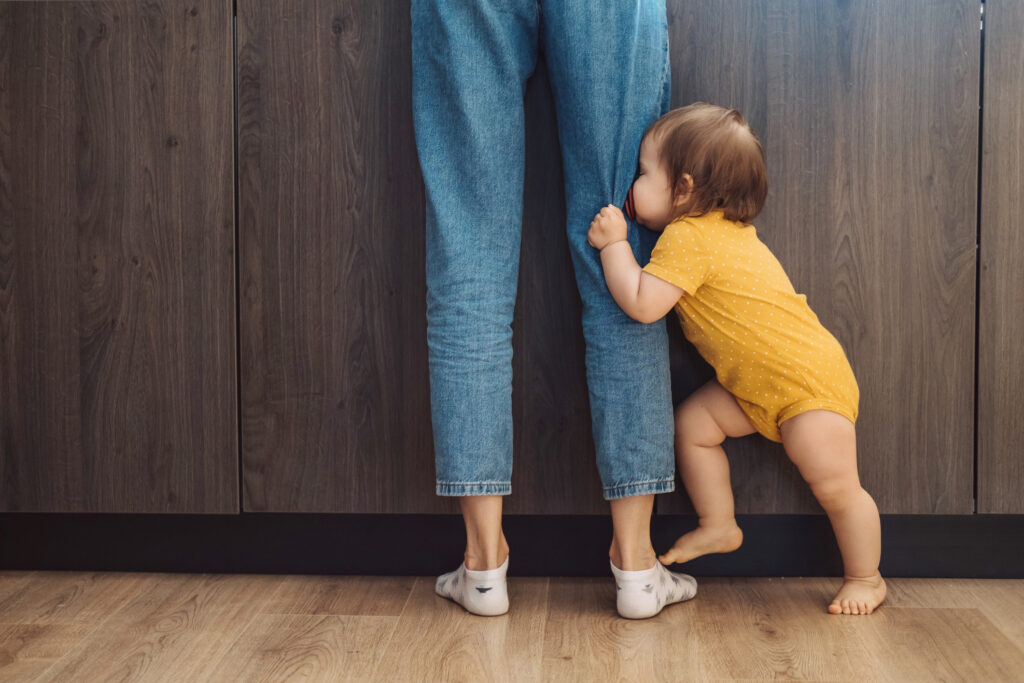
We are more irritable when we don’t get enough sleep. That includes kids and grown-ups. Parents accustomed to grabbing a little shut-eye during their toddler’s nap or using the free time to catch up on cleaning the fridge are understandably stressed when their child gives up napping.
While some kids continue snoozing during the day well into their preschool years, many give up naps by two years of age or earlier. As the child’s need for sleep starts to decrease with maturity, the morning nap is usually the first to go, followed by the afternoon sleep time. That missing hour or two of sleep can make a big difference in your child’s mood and behaviour until the body matures a little more.
Expect that toddlers will not be as patient or adaptable while they go through the no-nap transitional stage. It’s a very long day for them. A sleep-deprived toddler may appear to be almost punch drunk by late afternoon. Although it’s tempting to put an overtired child down for a late nap, bedtime may then become a disaster with a wide-awake child at midnight.
NATURE'S RECHARGER
How much sleep does your toddler need? According to paediatric experts, the typical amount a toddler needs is 12 to 16 hours. That figure includes naps if your child is still having them. Some kids may require more or less depending on the individual child and their metabolism.
WHEN KIDS DON'T SLEEP ENOUGH
Sleep is essential for children’s proper development and growth. In fact, the secretion of growth hormone increases during the first few hours of sleep. Lack of sleep can also affect children’s immune system making them more vulnerable to viruses such as colds and flu.
Loss of sleep can affect how children function, slowing them down mentally and physically. Anyone who’s ever been trapped in a grocery store lineup with an overtired two-year-old knows that glazed look ready to erupt into a tantrum at any moment. Attention span, learning and memory functions may be affected too, if a child is consistently shortchanged on sleep.
THE UPSIDE OF LOSING THE NAP
Without naps, bedtime may be earlier and no longer be the struggle it once was. That means more adult time in the evening for parents. Plus your toddler may sleep longer and more soundly through the night. PC











